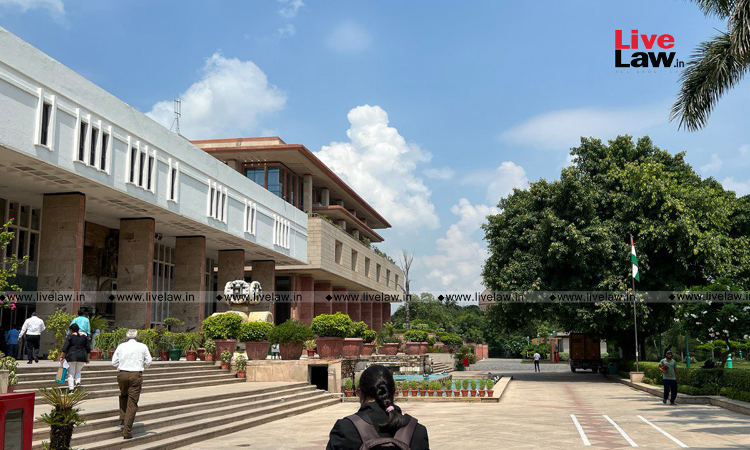The Delhi High Court has held that the attempt by the CIT to exclude genuine disputants of tax liability from the possibility of settlement under the Direct Tax Vivad Se Vishwas Act (VSV) is extremely hyper-technical.The division bench of Justice Mukta Gupta and Justice Anish Dayal has observed that any proceeding challenging a decision by the department in respect of tax,...

